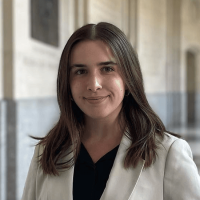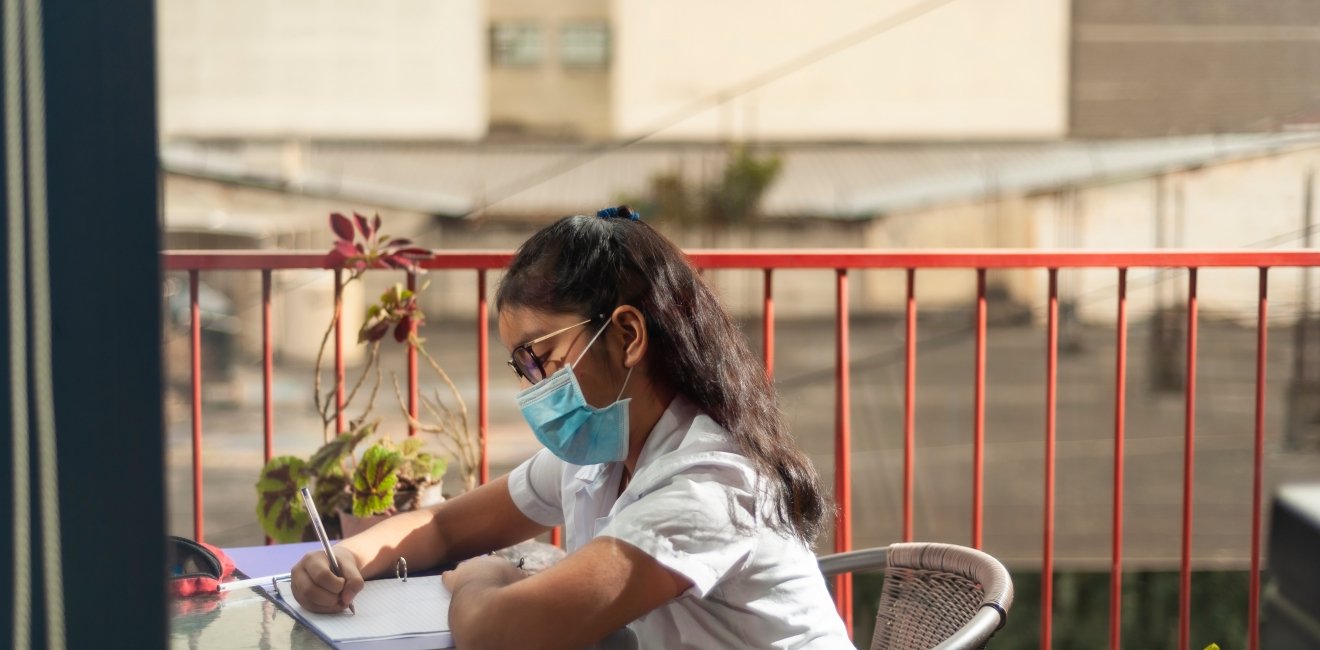
A blog of the Latin America Program
Latin America’s Empty Classrooms
By Cecily Fasanella and Greg Ross
COVID-19 disrupted schooling around the world, but nowhere as much as in Latin America, where prolonged closures were the norm and remote learning often rudimentary. In 2020, the region’s students missed an average of 170 days of school, over four times the world average. Globally, 14 countries have kept schools almost entirely closed to in-person learning since March 2020. Of those, nine are in Latin America, where 98 million students did not set foot in a classroom for most of the past year.
School closures were particularly disruptive in Latin America, where internet access varies widely across the region. Chile and Costa Rica are not far behind the United States in internet use, with 82 percent of Chileans and 81 percent of Costa Ricans online compared to 87 percent of the U.S. population. But internet use is less common in places like Honduras and Nicaragua, where less than half of the population has access. Those inequities have left many students in low-income households without any live instruction, their lessons recorded and broadcast on TV or radio. In late 2020, 21 percent of children in Latin America’s poorest households were not receiving any education at all. Worse still, shuttered schools deprived many students of meals; of the region’s 190 million children, 85 million participate in a school nutrition program. School closures also left students vulnerable to recruitment by criminal organizations. In Colombia, for example, five times more minors were recruited by gangs during the first six months of 2020 than the year before.
Even as vaccines roll out in Latin America and schools reopen, the region will suffer the effects of this unprecedented educational interruption. Economists estimate that the pandemic could lower the number of Latin American students who finish high school from 61 percent to 46 percent in the coming years. More than 3 million school-age children in Latin America may never return to school at all, according to UNESCO.

Authors



Latin America Program
The Wilson Center’s prestigious Latin America Program provides non-partisan expertise to a broad community of decision makers in the United States and Latin America on critical policy issues facing the Hemisphere. The Program provides insightful and actionable research for policymakers, private sector leaders, journalists, and public intellectuals in the United States and Latin America. To bridge the gap between scholarship and policy action, it fosters new inquiry, sponsors high-level public and private meetings among multiple stakeholders, and explores policy options to improve outcomes for citizens throughout the Americas. Drawing on the Wilson Center’s strength as the nation’s key non-partisan policy forum, the Program serves as a trusted source of analysis and a vital point of contact between the worlds of scholarship and action. Read more


Argentina Project
The Argentina Project is the premier institution for policy-relevant research on politics and economics in Argentina. Read more

Explore More in Weekly Asado
Browse Weekly Asado
Dengue Haunts South America’s Summers

Lessons from Costa Rica’s Economic Transformation

Women and Latin America’s Digital Revolution

